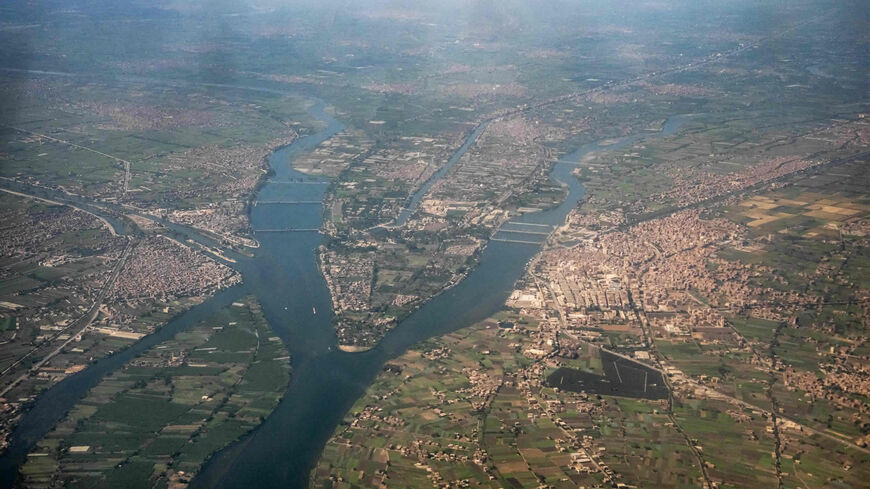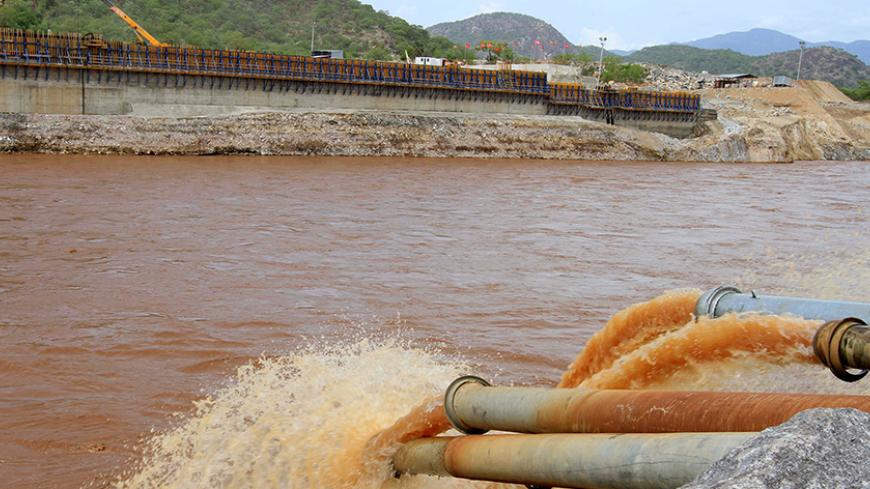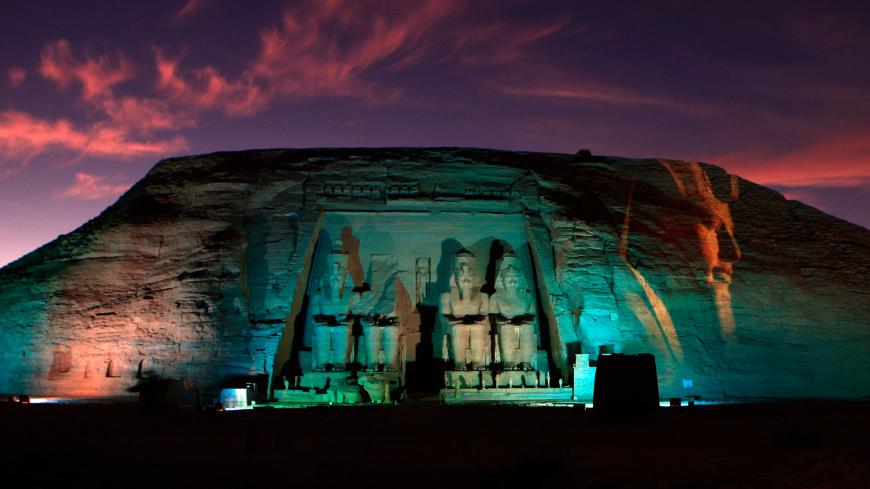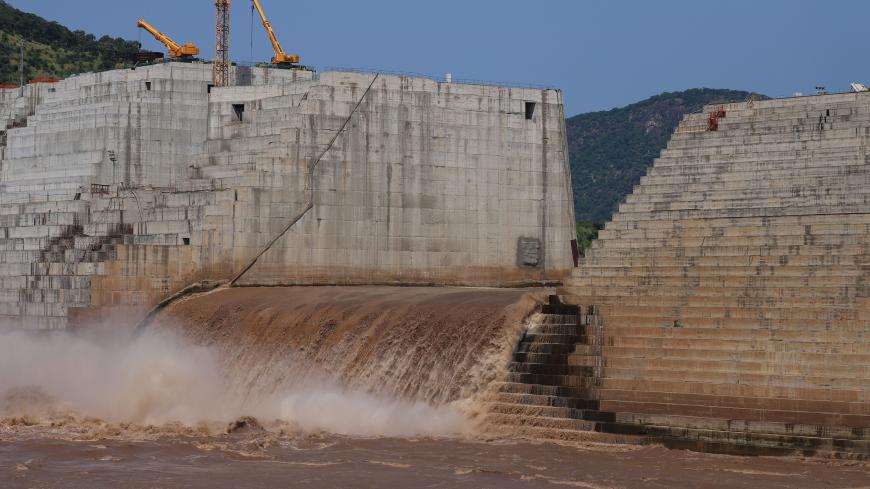Could climate change send Egypt 'sinking into the sea'?
Although officials show interest in the issue of climate change and its impact on Egypt’s water and food security, the government has yet to take practical measures to address potential repercussions.

CAIRO — In addition to the political, economic and social problems plaguing the people of the Middle East and Africa, climate change was also on political leaders’ agenda during the UN meeting Sept. 25 in New York. The issue was given a great deal of attention, amid mounting warnings by scientists that the potential risks posed by climate change need to be addressed.
Climate change draws the attention of Egyptian politicians from time to time, particularly in terms of the risks posed to water and food security. During a Sept. 26 meeting of the Committee of African Heads of State and Government on Climate Change in New York, Egyptian President Abdel Fattah al-Sisi called for a joint African stance on climate change to be submitted to the UN Climate Change Conference, which will be held in France in December.








